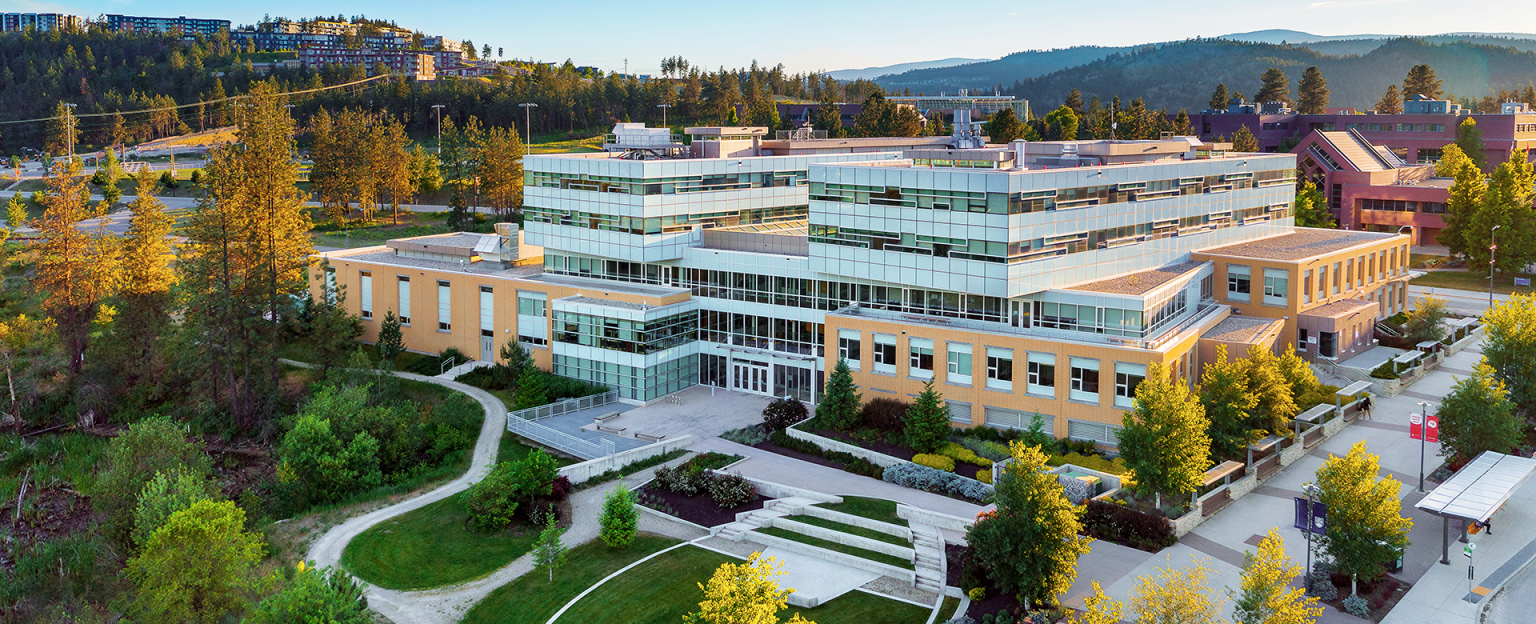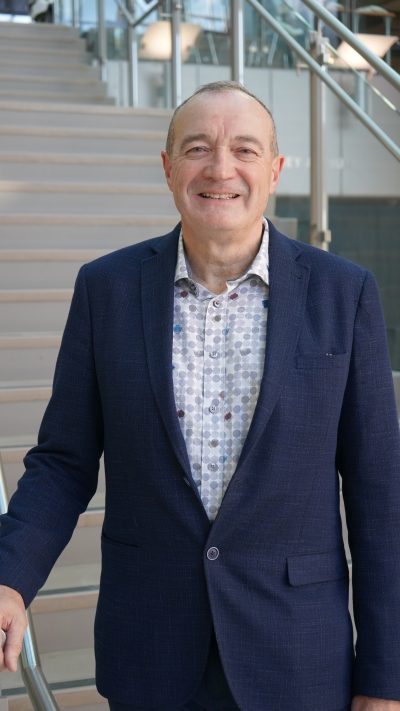
Canadian Science Publishing and the Canadian Journal of Civil Engineering have bestowed the Editor’s Choice Award on a recent study examining sustainability in Civil Engineering curriculum by Paris Liu, Gordon Lovegrove, and Moncef L. Nehdi.
The authors received the accolade for their article “Climate change in Canadian civil engineering curricula: gaps and best practices” published in November 2024.
Their study examines the state of curricula, knowledge, and practices in Canada’s civil engineering programs with respect to climate change, identifies best practices, and formulates recommendations on ways to improve climate change knowledge and skills training for Canadian civil engineering programs.

Dr. Gordon Lovegrove
“Engineers, as builders of our civil society, must adapt our best practices to help increase community climate resilience. This in turn translates to better equipping our engineering students with the latest knowledge and skills to mitigate and adapt how we engineer our infrastructure systems,” said Dr. Lovegrove, Associate Professor of Engineering at UBC Okanagan.
Dr. Lovegrove is one of the School’s experts in applied sustainable civil engineering, marking his way with a passion for sustainability and safety.
To assemble the data, the authors distributed a survey based on the Climate Framework to 856 civil engineering instructors across all 25 accredited engineering schools listed by Engineers Canada and gathered data on 55 civil engineering climate change related courses, with representation from 20 out of the 25 accredited programs across the country.
The findings? Less than 1% of civil engineering programs in Canada incorporate significant instruction on climate change topics.
According to the authors, the results will provide important benchmarks to help instructors incorporate most relevant climate change topics and resources into their courses for equipping civil engineering students with the necessary skills to tackle emerging challenges related to the mitigation of climate change and adaptation to wildfires, droughts, sea level rise, increased precipitation, storms, heat domes, floods, earthquakes, and biodiversity loss.
Read the full article online.
About Dr. Gordon Lovegrove
Dr. Lovegrove’s expertise stems from over 30 years of hands-on professional engineering experience and innovative, rigorous science-based research. He is a leader in facilitating learning, research, planning, and implementation of projects promoting sustainability at all levels, and he is an active member of his community to help enhance quality of life for all. Dr. Lovegrove is also a founding partner of SMARTer Growth Partnership and Principal Investigator, SMARTer Growth Research Laboratory.
Read more on Dr. Lovegrove’s faculty bio page.